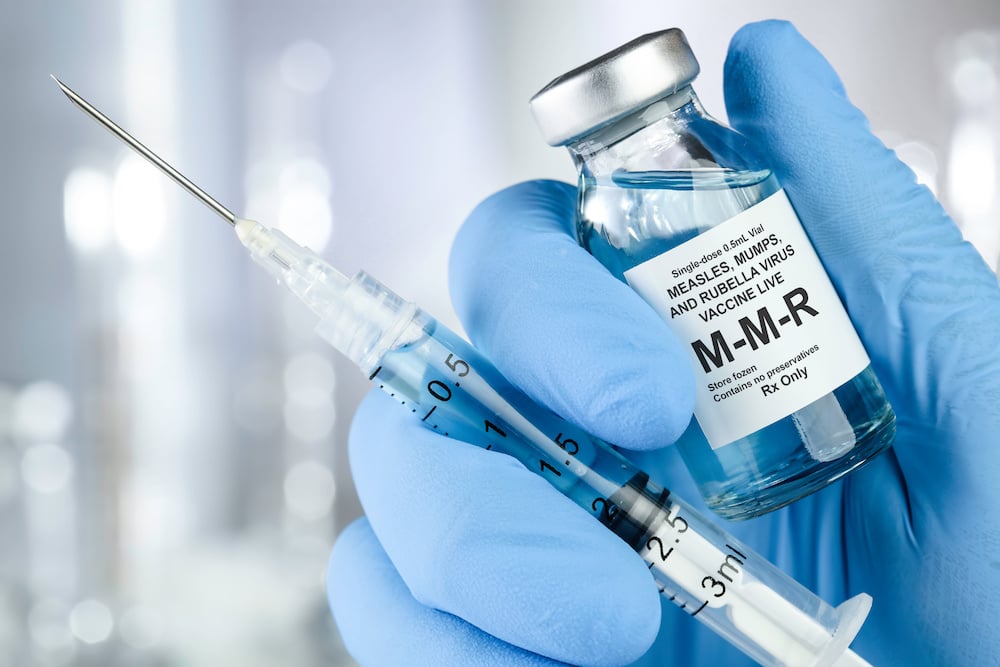This Blood Test Can Help to Detect Whether or Not You Have Lung Cancer
The “FirstLook” blood test is available at Allegheny Health Network.
Lung cancer is the leading cause of cancer-related deaths worldwide, but in America, less than 1 in 5 eligible individuals are up-to-date with recommended screening.
“Whether it’s due to lack of awareness that screening is available or reluctance to undergo CT scanning, there are millions of Americans who should be getting screened for lung cancer each year who aren’t,” Dr. Ali H. Zaidi, medical director of aerodigestive research at the AHN Cancer Institute, said in a press release.
DELFI Diagnostics’ “FirstLook” blood test, which is now being offered at Allegheny Health Network’s pulmonary and primary care practices, as well as screening clinics at AHN, uses whole-genome machine learning to analyze fragments of cell-free DNA that are markers of cancer in the blood. A previous clinical trial showed that the FirstLook blood test has a negative predictive value of 99.8%, meaning if your blood test is negative, there’s very little chance you have lung cancer.
AHN began offering the blood test in early November, Lung Cancer Awareness Month.
“It’s the first clinically validated test on the market,” Zaidi told Pittsburgh Magazine. “And one of the most highly accurate.”
Lung cancer kills 135,000 people a year in the United States. Having a routine blood test as part of an annual checkup for those at risk can help to detect cancer earlier. Those at risk for lung cancer are people 50 to 80 years old who quit smoking less than 15 years ago, are currently smoking or have a 20 pack-year or greater smoking history. Pack-years are calculated by multiplying the number of packs per day someone smoked by the number of years — for example: one pack a day for 20 years or two packs a day for 10 years.
The disease often carries a stigma because of its links to smoking, but 10% to 20% of patients — or 40,000 people — who develop lung cancer have never smoked, according to the U.S. Centers for Disease Control and Prevention. Second-hand smoke, radon and other factors can cause the disease.
This makes having a blood test for detection even more important.
“It’s a great thing,” Zaidi says of the new test. “I think it will move the needle in the right direction in terms of screening.
“If you can detect it early, we are going to save a lot of lives.”















